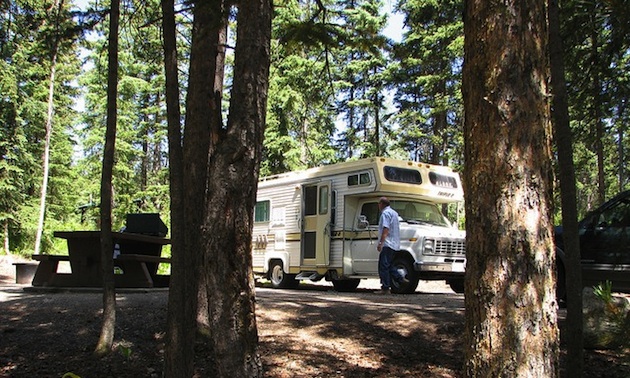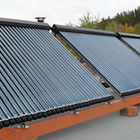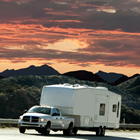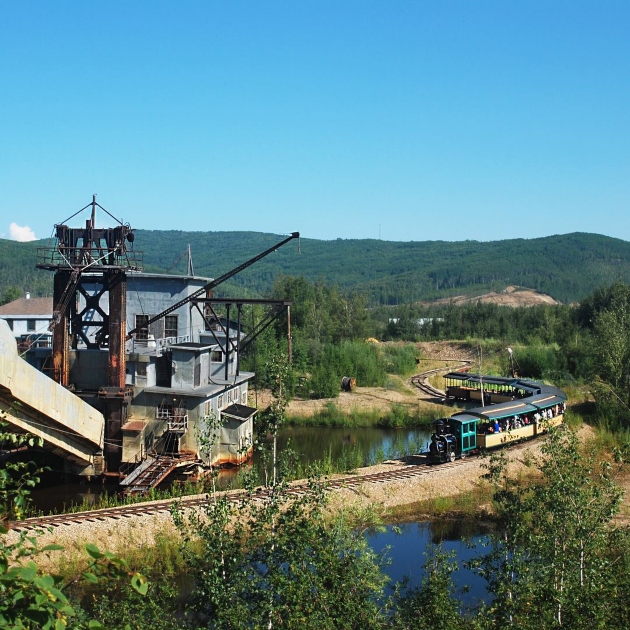How does the BC Parks reservation system work?
The ins and outs of the Discover Camping website

Confusion set in for us last June while driving a motorhome through Lac Le Jeune Provincial Park’s campground in search of a campsite. A huge portion of the sites had “Reserved” signs on them and yet many were empty—which didn’t make sense to us. Not having used the BC Parks Reservation Service, we were having difficulty understanding it. None of the available sites appealed to us and, since we weren’t sure how to go about getting a preferred site, we decided to head into Logan Lake, get online and find out how it all works. There is definitely a system and we were about to learn all the ins and outs.
Reserved signs
The first thing we learned was the "Reserved" sign meant the site was in the group of sites available for reservations, but not necessarily reserved. To know whether it had been reserved meant checking online or phoning the call centre. If there are park staffers available at the campground, they should also have that information. If the site has not been reserved for the night, you can use it by paying the nightly rate.
Reserving the perfect campsite
With over 90 parks accepting reservations, there are many beautiful campsites to choose from. On the BC Parks website there are photos and campsite information available to help make the decision easier as to where to camp. If your favourite campground is driving distance from home, go and look around. We drove through the campgrounds and wrote down site numbers of the ones we liked and then went back to the website to see what was available for the dates we needed. It was a bit frustrating to learn that most were already taken, but that was because it was at the last minute.
Preparing in advance for your stay at a provincial campground is recommended, and being familiar with the policies and fees will make it much easier. For example, BC Parks uses a three calendar month window for bookings, not a 90-day timeline like the Front Country campgrounds. Reservations are made online or by phoning the call centre. There is no advantage to using one over the other, since new inventory is released at the same time to both.
Long weekend camping reservations
As most of us know, long weekends are super busy and to get a campsite during that time period is a luxury. To prevent campers from only staying for a partial stay during this busy time, BC Parks has a three-day minimum stay policy during long weekends. Read the guidelines on the BC Parks website to be clear on what is expected.
First come, first served campsites
Choosing a campsite not set aside for reservations is on a first-come, first-served basis, and that can also be a challenge—since the best or most popular sites are usually grabbed up quickly. It’s common to see a camper parked near the entrance of a site as the current occupants are packing up. Usually the newcomers will ask the occupants if they are leaving and then ask if they can wait for them to leave. Most people are accommodating, and as they leave the new people pull in.
Using this method, we were able to obtain a prime spot right across the road from the lake where our boat could be tied up, so anytime we felt like heading out for a couple hours of fishing we could. Another time we found a great campsite, only to see an empty tent set up on it. After discussing it with nearby campers, we determined the tent had been sitting there for a couple of days with no one using it. We quickly figured out that in anticipation of a long weekend coming up someone had tried saving the site with the tent in the hopes no one would question it. Unfortunately for them we did check on it, and since the site hadn’t been paid for or used, the tent was removed and we were able to camp in the spot.
It didn’t take us long to figure out how the system works and by following the guidelines we anticipate using the BC Parks reservation system a great deal in the future. With group sites, single sites and a long stay pilot program being introduced, there are plenty of options to choose from at most of British Columbia’s provincial campgrounds.








